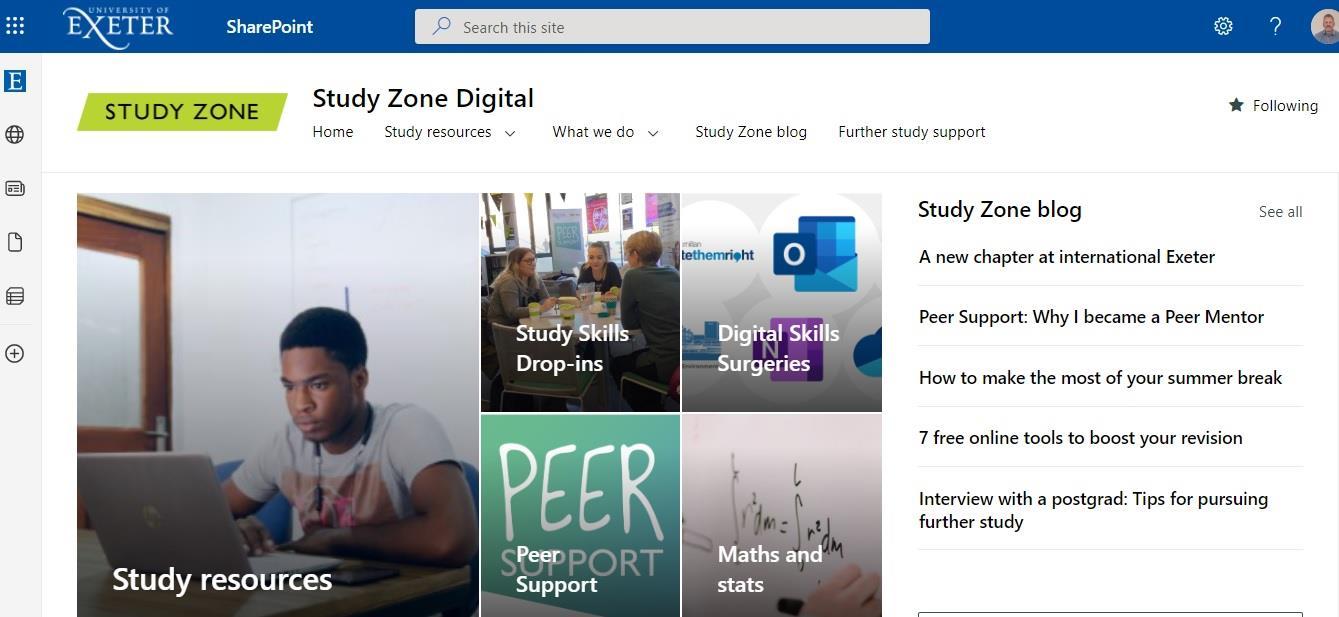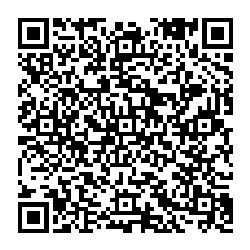Studyingasan Internationalstudent






ExeterUniversityhasathrivinginternationalcommunitywithover5,000studentsfrom morethan130differentcountries,butweunderstandthat,studyingheremightmean adaptingtoadifferentlanguageandperhapsadifferentacademicculture.
Perhapsthemaindifferenceyou’llexperienceisthatyou’llbeexpectedtodoalotof independentstudyofyourown.
UKuniversitiesuseanumberofdifferenttypesoftaughtsessionstohelpyou learn:

• Lectureswhicharedeliveredbytutorsandgenerallycoverthemaintopicsin yourmodules. Lecturescanbeattendedbyalargenumberofstudents.
• Seminarswhicharenormallysmallergroupsizesandledbyatutorbut involvealotofstudentparticipation.
• Tutorialswhichusuallyonlyinvolveyouandyourtutor.

•Lectureswillintroduceyoutokeyconcepts andideas,butyouwillbeexpectedtotreat thisasastartingpointandtodofurther readingonthetopicbeyondthelecture.
•Trytoprepareforlectures,usethemodule readinglisttodoabitofreadingaboutthe subjectbeforethelecture.Sometimesyou mightbegivensomereadingtodobeforea lecture.

•Youwillbeexpectedtoactively participateinthese. Thetutormightlead thediscussion,butwilloftenaskquestions togetyoutothinkaboutthesubjectyou arediscussing. Sometimesseminarsare studentled.

•Youmightbeaskedtoreadsomething beforeaseminaraspreparationand, sometimes,mightevenbeaskedtoleada seminareitheronyourownoraspartof agroup.

• Usually justyouandyourtutor.

• Usuallybookedinadvanceorarrangedduringatutor’sofficehours.
• Thesegiveyouanopportunitytotalktoyourtutoraboutyourcourseand anypartsofityouarefindingdifficultordidn’tunderstand.
Someofthetypicalformsare:
• Essays • Reports
ReflectiveEssays
• Exams
• GroupWork
• Presentations
• Posters
• Dissertationsandprojects

Lookinyourmodulehandbooksfordetailsabout:
• Howyouwillbeassessed(normallyavailableviaELE,theExeterLearning Environment)

• Format(fontsize,spacing,marginsizes)
• Structure(sometimesyouwillbegivenspecificheadingstoinclude)
• Referencingstyle(thereareanumberofdifferentstylesinuseacrossthe university)
• Examdates,assignmentdeadlinesetc.
• Comingtouniversityisanexcitingtimeandmakingnewfriendsand developingnewinterestsisanimportantpartofyouruniversityexperience, butyouwillneedtomanageyourtimewell.

• Settingupgood,regularstudyhabitsfromthestartwillbekeytoyour success.
• Whetheryouuseahandwrittenplanner,softwarelikeMicrosoftOutlookor otherapplications,doorganiseyour‘working’weeksothatyoucankeep trackofthedemandsofthedifferentmodulesyouwillbestudying.
• Thestartofyourfirsttermwillmeanyouhavealotofinformation, timetablesanddeadlinestocopewith,settingupaschedulethathelpsyou dealwithandmakesenseallofthis,willbeyourfirstchallenge.
Youwillhavealotofreadingtodo,sothinkaboutyourreadingskills:
• Readwithintent-haveanideaofwhatyouarelookingforandwhy,when youread.
• Skimorscantextstofindthemostrelevantsections.
• Usethestructureofatexttohelpyouidentifyitskeypoints-index,contents, introductions,conclusions,paragraphsandtopicsentences.
• Reviewyourreadingafterwards-whathaveyoulearnt?Aretheregapsor areasyouareunsureaboutthatrequirefurtherresearch?

Notesareonlyusefuliftheymakesensetoyouatalaterdatesothinkaboutwhatyouare tryingtoachievewhenyoutakenotes:
• Don’ttrytocopyeverythingdowninlectures-lookforthekeypoints,dothesamein yourreading.
• Useanotetakingsystemthatsuitsyou(Cornell,OneNote,Linearnotes,Bulletpoints, MindMaps,FlowCharts,voicerecordings).
• Yournotesshouldbeaninvestigationofthelecture/book/articleyouarereading,not anattempttorewriteit-askquestionsofthematerial,highlightthebitsyoudon’t understandsowell,thinkabouthowtheyareusefultoyourunderstandingofatopic.
• Reviewyournotesregularly,it’llmakeretaininginformationandrevisionforexamsa loteasier!


•Academicwritingisoneofthewaysthatyoucommunicateyourunderstandingofyour subjecttothewidercommunityofyourdiscipline.
• Adoptingaclear,logicalstructuretoyourwritingisanimportantskilltomaster.
• Youressaysshouldn’tjustbeasummaryofwhatothershavesaid-yourtutorswantto knowwhatyouthinkaboutwhatothershavesaid!
• Referencingisakeyelementofacademicwriting,itshowsyouacknowledgethework ofothersanddemonstratesthedepthandqualityoftheresearchyouhavedone.
• Twokeypoints:Answerthespecificsofthequestionandwrite
• Introduction@10%ofthewordcount,setsoutwhatyouressayisabout,whatyouwill trytodemonstrate,howyouwillapproachthetopicandwhyitisimportant.
• MainBody@80%ofwordcount,organisedbyparagraphs,eachparagraph contributingakeypointtowardstheoverallargument.Supportingyourargumentwith evidenceisimportanthere,butadoptingacriticalapproachtotheevidenceisalso important.
• Conclusion@10%ofwordcount,summarisestheargument,butalsodiscussesthe significanceoftheargument,whyitisimportant,howitmightbeusefulforfuture research.
• BibliographyorListofReferences

• Aquestioningapproachtothesubject,awillingnesstochallengeideas,testthemto seeiftheyholdup,andiftheydon’t,howyoucanchangethemsothattheydo!
• Theabilitytotakeininformationfromdifferentsources,evaluateitandsynthesiseit intoyourownwriting.
• Theabilitytothinkandwritecritically.
• Theabilitytopresentideasandargumentspersuasivelyandwithclarityanddetail.
• Reflectivestudents,studentswhothinkaboutthefeedbacktheyareofferedand adapttheirstudyskillsinlightofit.

https://universityofexeteruk.sharepoint.com/sites/StudyZone


Thankyouforattending,wewould reallyappreciateyourfeedback!
Please scan the QR code or use the URL to give feedback: http://ex.ac.uk/dtQ

